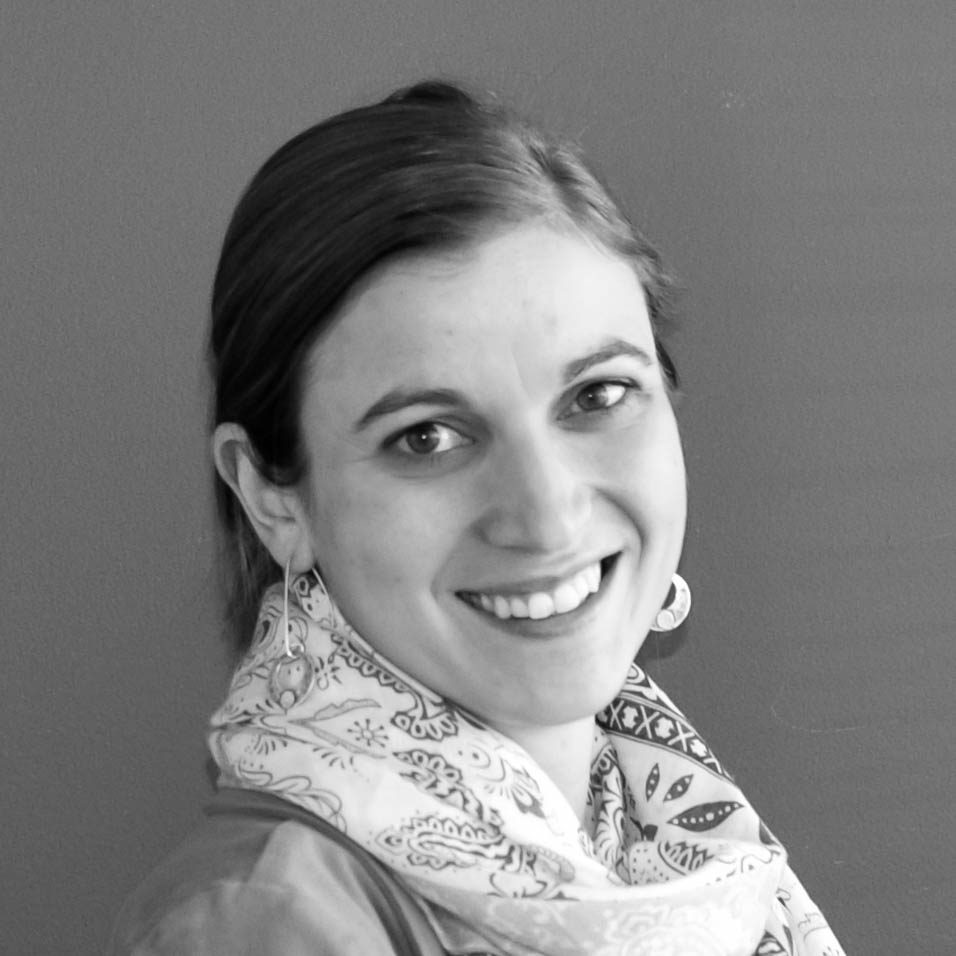GW: Tell us about what you are doing now and why it matters to you. How have you had to pivot this year with the dismantling of USAID?
EB: I began 2025 working for Democracy International (DI), a company that largely implemented democracy, human rights, and governance programs for the U.S. Government. The dismantling of USAID was devastating for our programs and for our company. By the end of January, DI was forced to indefinitely furlough over 90 percent of its staff.
A team of 20 of us remained to reimagine what DI could offer our country and our world. This is when the idea of Democracy Journeys was born. We realized that we have a unique and exclusive network of the biggest changemakers in the world. Journalists who have been at the frontlines of the rise and fall of democracies, activists who have overturned corrupt governments, and civic leaders who have governed with integrity and a democratic vision. These are people that are featured in documentaries and books, and we have their phone numbers (literally).
We decided that now is the time to open our network to the curious traveler, who wants to visit new places and get the behind the curtains’ stories. Our boutique travel covers much of what you might receive on any high-end tour – dining at high-end restaurants, elevated lodging options, historical city tours, cooking classes, winery stops, etc. – but our value add is the people that you will encounter along the way. Whether it’s an intimate meal with North Macedonia’s most revered journalist or sharing a brandy drink with an outspoken Serb priest in Kosovo, who believes that coexistence between Serbs and Albanians is the only way for peace in the Balkans, you will meet the giants of these incredible countries.
Our pivot is new and exciting – we love that we are still able to elevate the stories and causes of our fearless partners globally and to continue the conversation about democracy at home and abroad. In a moment where supporting democracy in big and small ways feels critical, this is a great travel option!
GW: What drew you to GW and the Elliott School for grad school?
EB: At the time that I applied to the Elliott School, becoming proficient in a second language was a requirement for graduation. I had always struggled to learn a language but felt that any good international development practitioner should know and appreciate a foreign language. So, I applied and later joined the International Development Studies (IDS) master’s program knowing that I had two years to tackle another language. This challenge led me the Boren Fellowship program, where I studied Swahili in Tanzania for a year. Remarkably, taking the risk of learning a second language paid in dividends – I not only became proficient in Swahili, but I also met my husband through the fellowship program!
GW: How did the Elliott School influence your professional choices and successes?
EB: The Elliott School was pivotal in my career trajectory. I started my IDS master’s degree in 2014
knowing that I wanted to do international development work but having had little success breaking into the non-profit world. The Elliott School’s graduate career advisor at the time, Dr. Maggie New, encouraged me to take a work sabbatical and intern overseas with a local non-profit. This nudge (more like a kick in pants) opened a series of doors for me that have led to my current role as a senior democracy practitioner.
GW: What would you say to current Elliott School students who want to make a positive difference in the world?
EB: I empathize with you – it is a challenging job market right now. However, making a positive difference in the world has never been so important. My recommendation to you is to think outside the box. Whether it be corporate social responsibility, independent campaigns on social media, or reinvigorating local governments and communities, there are different and unique ways to reach
funders.


